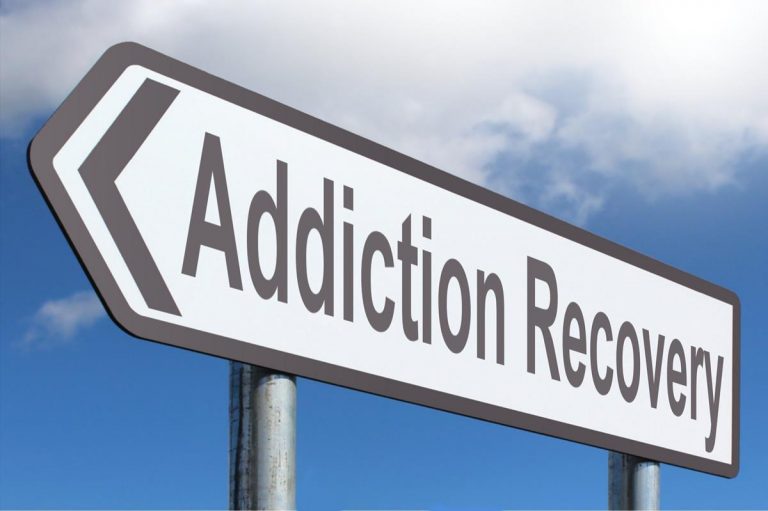A staggering 21 million Americans have some sort of substance addiction, according to Addiction Center, yet only around 10% of those people receive treatment.
If you’re one of those 21 million and you’re here because you’re considering your treatment options, you’re on the right track. Treatment can make the difference between life and death.
By this point, though, you’ve probably realized that there are a lot more available options for treatment than you initially thought. Between self-help groups, residential treatment centers, and all the different types of outpatient therapies, how can you tell which one is right for you?
There’s no magic answer to that question, unfortunately.
We’ve chosen to offer a recovery residence for addictions because we’ve seen how successful it can be. Here,we’ve pulled together what we consider to be three of the biggest advantages of residential recovery programs.
A Change of Environment
The effect of your surroundings on breaking or forming habits in general has been well researched, and psychology experts agree that the best way to kickstart a big habit change is to drastically change your environment.
Checking into a residential treatment center allows you to take some time away from your home and your commitments, removing yourself from any social or environmental triggers. Completely shaking up your routine like this helps lay the foundation for cognitive restructuring and changing destructive thoughts and behaviors.
Community Support
The role a solid support system plays in your journey to recovery can’t be underestimated.
The easy access to mentors and other caring, compassionate professionals is an extremely valuable resource to have, yet staff isn’t your only support system when you’re receiving treatment at a residential facility.
Your fellow residents are your biggest allies. You’ll be spending time with and getting to know a group of other people who have gone through similar experiences and working toward the same goal as you.
Surrounding yourself with a community of other people who have shared the same struggles as you can understand your journey and share in your small wins and big breakthroughs better than anyone else. They’ll keep you accountable as you work toward recovery.
A Higher Commitment Level Means A Higher Chance of Lifelong Recovery
Residential treatment centers are designed to make the initial transition into sober living smoother for participants with the clean slate that comes from changing your surroundings plus the built-in support system of caring professionals and peers.
This kind of treatment demands a high degree of commitment, so to finish two to three months, or even longer, in treatment requires participants to show that they’re “all in” or completely dedicated to recovering. It’s a similar principle to building a new habit; the longer you spend working on creating the habit, the longer you’re likely to adhere to it.

